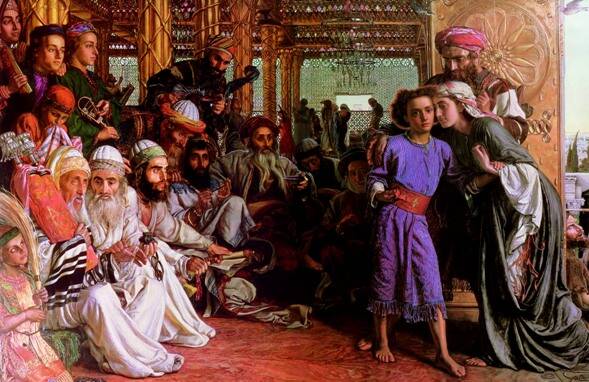Thump. Thump. Thump. It was amazing how long he could do it. My brother Harold, practicing basketball floor passes. I couldn’t see the point of basketball, so spending any time perfecting it seemed wasted to me. Who could care where the ball went, and how many times it did it? Thump. Thump. Thump. No doubt my brother thought the same of me and my comic books. How many times can Superman save the day?
It challenges credulity, but I don’t remember my brother deliberately disobeying my parents. Can’t even recall him being in trouble. That’s why I remember the thumps. Harold, practicing floor passes out in the garage.
He had been told not to play basketball in the garage. But like the rest of us, he had to learn why life comes with rules. The thump, thump, thump, knocked the clock off the living room wall.
It was the early American spindle clock that fell, the centerpiece of Mom’s early American living room. It was Sunday afternoon. Mom and Dad were out shopping. Putting down my comic—Superman’s troubles now seemed minor—I went to the garage, spindle in hand, to tell my brother what had happened.
My brother’s chin quivered with emotion as he took in his crime. As someone punished on an almost daily basis, I didn’t realize the regret that came over him. He went to his room without saying anything. A few minutes later he emerged, carrying his gym bag.
“Here.” He solemnly stuck out his hand. “This is three dollars and eight-four cents. It’s all the money that I’ve got. Tell Mom that I will send her the rest, to pay for the clock.”
“Send her the rest? Where are you going?”
“I don’t know. I’m leaving home.”
“Leaving home?” Children grow up, knowing that home isn’t forever, but I had thought that the family would stay together longer than this. I begged my brother to stay and take his punishment. I was good at punishment. I knew how quickly the storm would pass. Some strong words and then the kneeling in the corner. I knelt in the corner almost as often as my brother practiced basketball. We could get through this. But Harold was resolute. He was running away from home. Our little sister Penny began to cry. Nothing new about that. She did that as often as I knelt in the corner. Hey, I just realized a cause and effect.
Anyway, we both wept as we watched our brother pass through the back yard and into the alley. Why do they call it “running away from home," when he walked so slowly? What would he do out there, in the world? Penny was still wailing when our parents returned. Why were we crying? Where was our brother?
“Here’s your three dollars and eight-four cents.” I said truculently. “Harold will send you the rest. I think he’s going to get a job.”
It helps to know that the Gospels were written back from the resurrection. We hear them as we do any other biography. There’s a childhood, a leaving home and then the great events that make the story worth telling. But remember that no one writes the biography of a child. We read about a childhood because of the adult who followed, and it’s the same with Jesus. That’s why, in contrast to the anodyne, gingerbread Christmas of popular culture, the infancy narratives speak of slaughtered innocents and of a babe who is born an outcast. Myrrh, an aromatic resin for the dead, is one of the gifts, offered to Mary’s child. And it’s why St. Luke remembers this scene, of Jesus separated from family, long before his time. Christ’s vocation intrudes even into his infancy. A family is torn apart, because a son must answer a call, one that no doubt sounded in the silences of the night, just as it had for Samuel.
No one can love us like family. No one can hurt us like family either. And so we come, wounded, each year to the Feast of the Holy Family, wondering why our families aren’t like his. How can love cause such pain? But that’s the mystery of sin: the best becomes a burden. Something is seriously wrong with us and with the world. We need a savior.
My parents retrieved my brother from a nearby playground. They gave him back the three dollars and eight-four cents. Mom glued the spindle back onto the clock. Everything was going to be alright. Future separations and sorrows would wait. But, not all that long in the scheme of things, in the speed with which life moves.
“Son, why have you done this to us?” She’d carry that question all to way to Calvary. Christ entered the world to suffer and to die. Even as a child he makes his way to the temple, to the place of sacrifice. How can love cause such pain? We’re meant to ask that question when we see a crucifix and even when we look upon a crèche.
1 Samuel 1: 20-22, 24-28 1 John 3: 1-2, 21-24 Luke 2: 41-52








